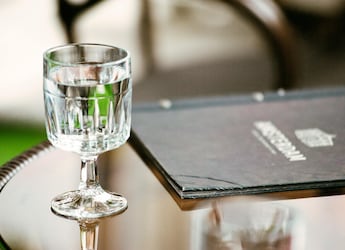Salt is essential for life, you can’t live without it. Unfortunately, most of us don’t realise the difference for what passes as “regular salt” (the standard refined variety) and salt that has been sun-dried, directly from the ocean and not mined from the earth. The difference is actually drastic.
Advertisement
Advertisement
Advertisement
Advertisement
For the latest food news, health tips and recipes, like us on Facebook or follow us on Twitter and YouTube.
Advertisement
